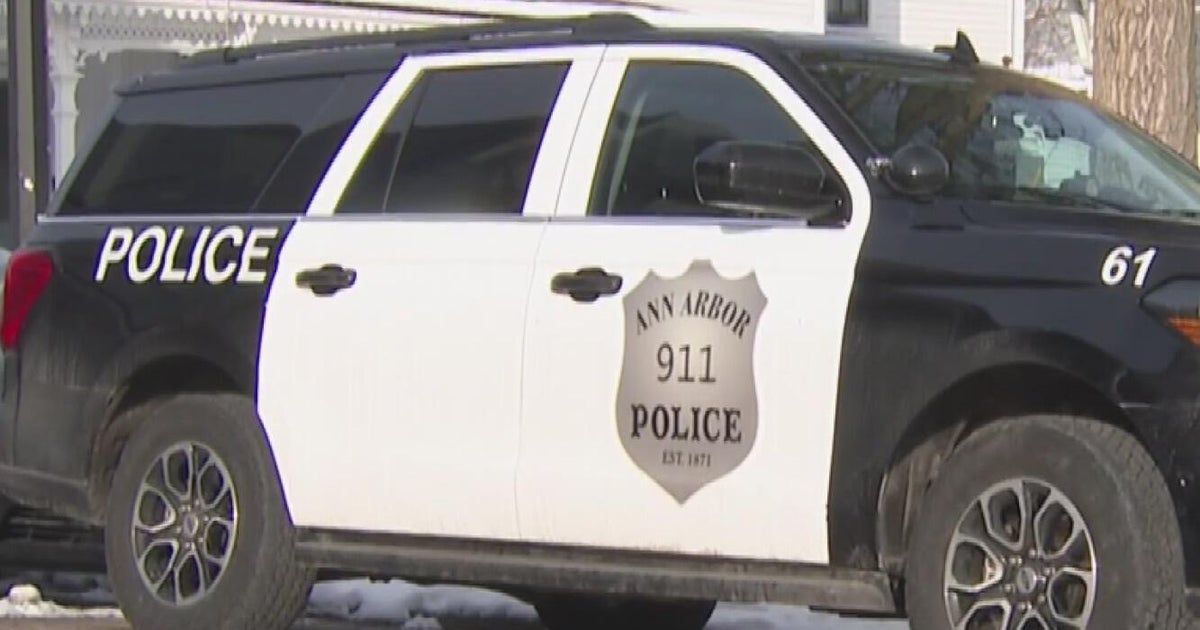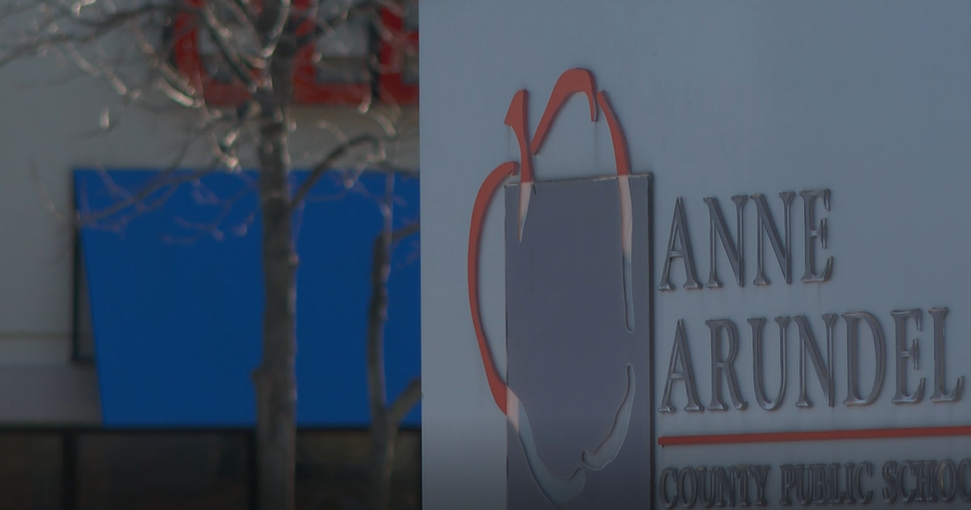Ann Arbor commits to using portion of millage funds for unarmed crisis response program
ANN ARBOR, Mich. (CBS DETROIT) - The city of Ann Arbor has been working on establishing an unarmed crisis response team as an alternative to law enforcement.
The city council recently approved a grant from Michigan State Police for the pilot program, and has pledged to allot $1.2 million in funds from Washtenaw County's Public Safety and Mental Health Preservation Millage, should it pass on the Nov. 5 ballot.
Other purposes include supportive services for tenants of the Ann Arbor Housing Commission and safety projects for cyclists and pedestrians.
"We're committing to use those monies for a number of important purposes, one of which is an unarmed response program," said Ann Arbor Mayor Christopher Taylor.
Taylor said the initiative is an effort by the city to respond to community members' needs.
"Members of the public want the opportunity to have government engagement without someone showing up who has a weapon. So, that's why we're looking to create, ultimately, an unarmed response program," he said.
Donnell Wyche is a local pastor and founding member of the Coalition Reimagining Our Safety.
He has been involved for years in trying to get the program off the ground.
"A truly unarmed crisis response program would be transformative for our community," said Wyche. "It would be the first of its kind in the state of Michigan; it could set a model for other communities on how to respond to crises that don't necessarily require law enforcement or police as the primary persons to respond.
"The idea that our community is working on something like that and trying to get something like that launched is fantastic."
Forming the response team would take time, and the city has been holding information sessions to gauge public opinion.
One distinction that some community members are emphasizing would be having a truly unarmed response team, as opposed to a team member who would respond alongside police.
According to community activists, the goal is to reduce the number of unnecessary interactions with law enforcement.







